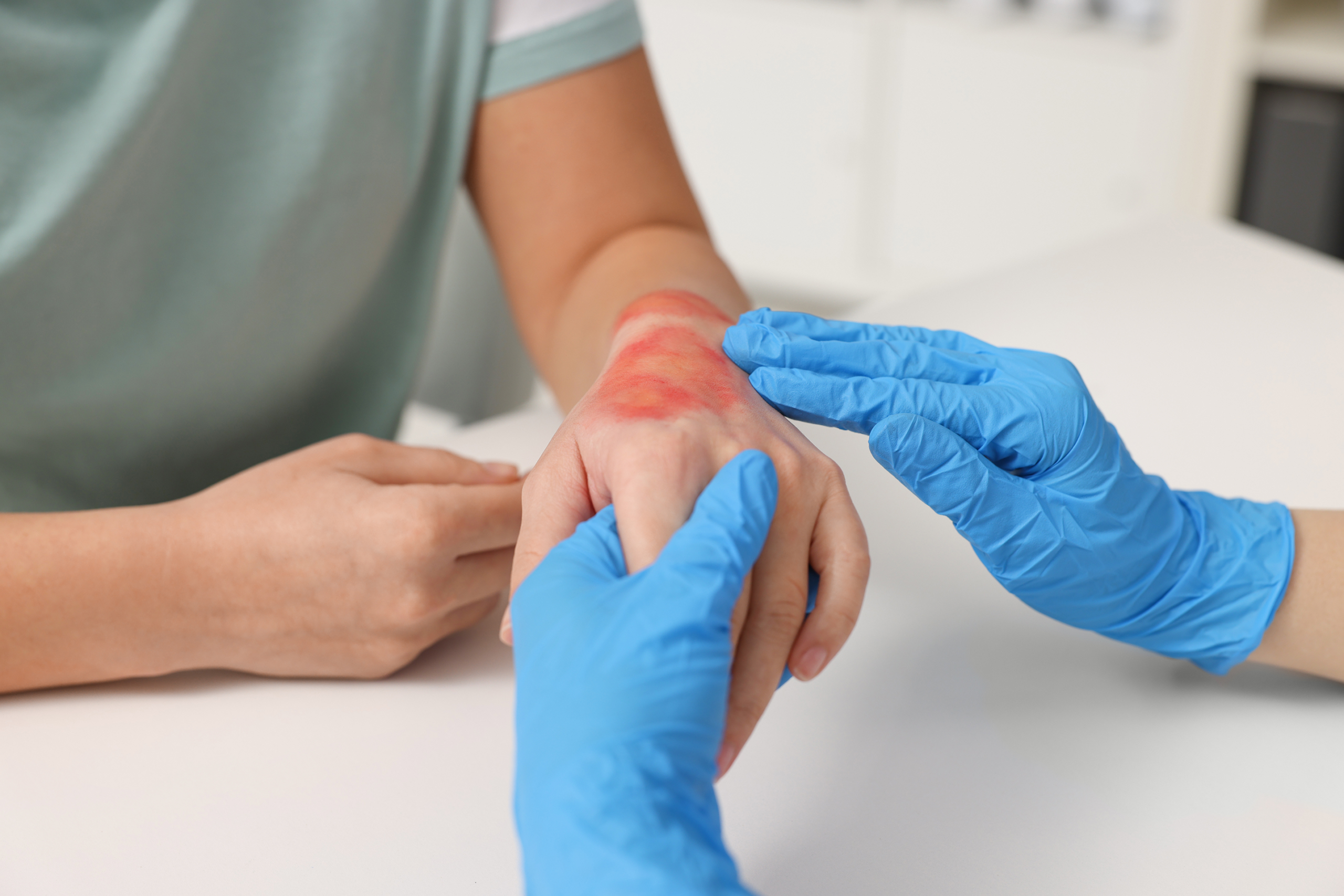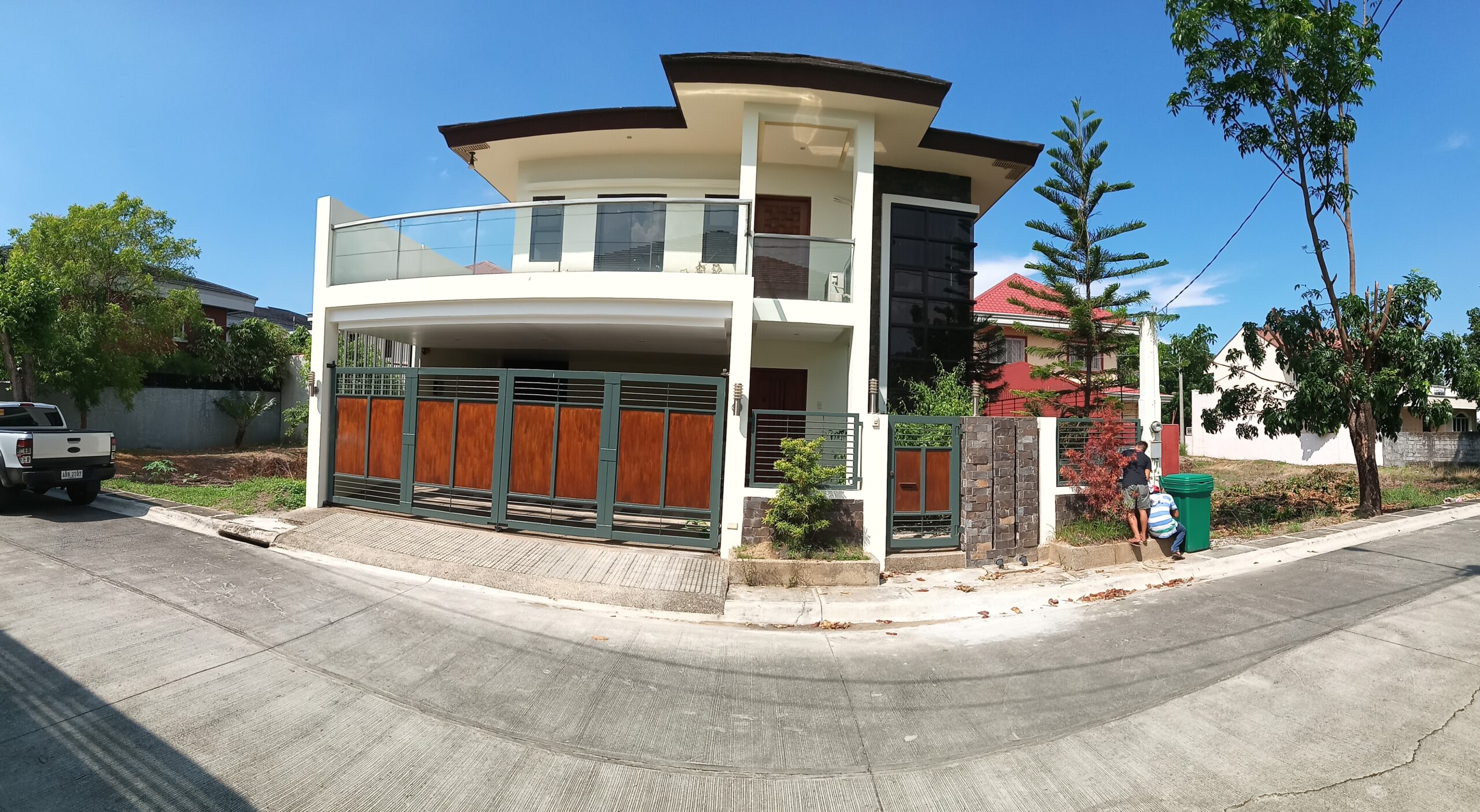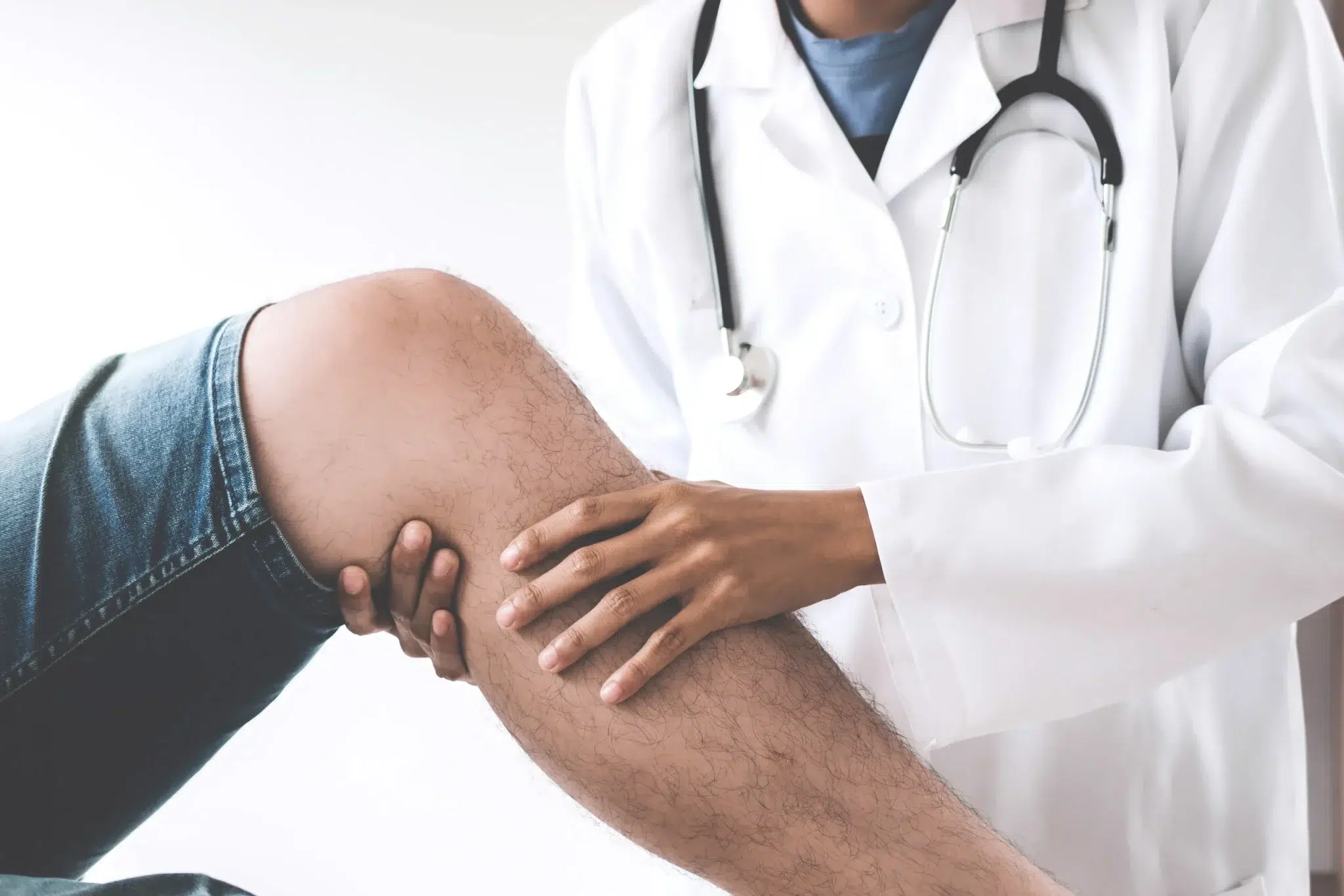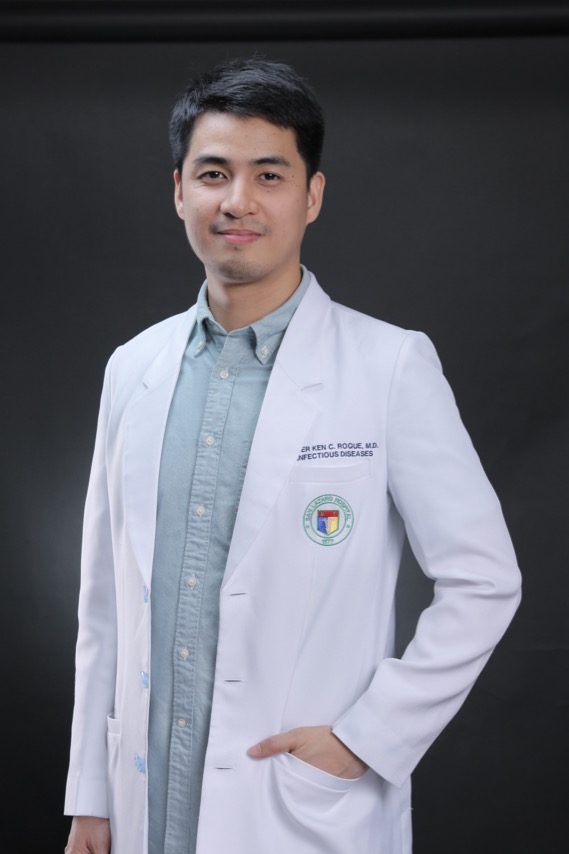Chronic wounds and complex injuries require more than general medical attention. A wound care doctor specializes in diagnosing, treating, and managing wounds that do not heal through standard care. By combining advanced medical techniques with a patient-centered approach, wound care doctors improve healing outcomes, prevent complications, and enhance overall quality of life. Whether dealing with diabetic foot ulcers, pressure sores, or venous insufficiency ulcers, consulting a wound care doctor ensures that patients receive precise, effective, and holistic treatment.
Who is a Wound Care Doctor?
A wound care doctor is a medical professional with specialized training in managing both acute and chronic wounds. These specialists evaluate the underlying causes of wounds, from poor circulation and diabetes to infections and prolonged immobility. Wound care doctors treat a variety of conditions, including pressure ulcers, venous and arterial ulcers, diabetic foot ulcers, post-surgical wounds, and traumatic injuries.
Expertise in wound healing extends beyond simply dressing a wound. Wound care doctors assess tissue health, infection risk, and the patient’s overall condition to design a treatment plan that accelerates healing. Their role often includes coordinating with other specialists, such as endocrinologists for diabetic patients or vascular surgeons for circulatory issues, ensuring comprehensive and safe care.
Services Offered by Wound Care Doctors
Advanced Wound Assessment
Every effective treatment begins with an accurate evaluation. Wound care doctors use evidence-based assessment tools to examine the size, depth, and severity of wounds. They also evaluate surrounding tissue and circulatory health to identify factors that may delay healing. Personalized assessments allow wound care doctors to create treatment plans tailored to the patient’s specific needs, ensuring faster recovery and reducing the risk of complications.
Debridement Services
Dead or non-viable tissue can significantly slow the healing process and increase infection risk. Wound care doctors use precise debridement techniques, including sharp, surgical, enzymatic, and ultrasonic debridement, to remove unhealthy tissue safely. This process promotes the formation of healthy tissue, prepares the wound bed for advanced therapies, and optimizes the effectiveness of other treatments.
Negative Pressure Wound Therapy (NPWT)
NPWT, also called vacuum-assisted closure therapy, uses controlled suction to improve blood flow and remove excess fluid from the wound site. Wound care doctors often employ this therapy for complex or slow-healing wounds. NPWT helps stimulate tissue growth, reduce swelling, and accelerate the closure of chronic wounds, making it a critical tool in modern wound care management.
Diabetic Foot Ulcer Management
Diabetic patients face a higher risk of foot ulcers due to neuropathy and poor circulation. Wound care doctors provide comprehensive management, including wound cleaning, infection prevention, and offloading techniques to relieve pressure on affected areas. They also educate patients on lifestyle changes, footwear, and monitoring techniques to prevent recurrence, significantly reducing the risk of complications like infections or amputations.
Pressure Ulcer Treatment
Pressure ulcers, or bedsores, develop from prolonged pressure on the skin, often affecting bedridden or immobile patients. Wound care doctors create personalized care plans that combine specialized dressings, pressure relief strategies, and continuous monitoring. These plans improve comfort, promote tissue regeneration, and reduce the risk of further deterioration, ensuring patients regain mobility and quality of life.
Venous Insufficiency Ulcer Care
Venous ulcers result from poor blood circulation, typically in the legs, and can be challenging to manage. Wound care doctors utilize compression therapy, advanced dressings, and targeted treatments to improve blood flow and promote healing. They also provide guidance on lifestyle adjustments, exercise, and skin care to support long-term recovery and prevent recurrence.
Infection Control and Management
Infected wounds pose serious health risks if left untreated. Wound care doctors identify infection signs early and administer targeted treatments, including antibiotics, antiseptic care, and advanced dressings. By managing infections promptly, they prevent complications such as sepsis and systemic illness while creating an environment conducive to safe, efficient healing.
Education and Prevention Programs
Preventing wounds before they occur is as crucial as treating existing injuries. Wound care doctors provide educational programs for patients, caregivers, and families. These programs cover wound prevention strategies, daily skin care, proper footwear for diabetics, early signs of infection, and home management techniques. By empowering patients with knowledge, wound care doctors help reduce the risk of recurring wounds and improve long-term outcomes.Why Seeing a Wound Care Doctor Matters
Timely consultation with a wound care doctor can significantly impact healing speed and patient outcomes. Specialized care reduces the risk of complications, including infections, tissue loss, and chronic pain. Wound care doctors design personalized treatment plans that consider the patient’s overall health, ensuring that every intervention aligns with their specific needs.
Access to advanced therapies, such as negative pressure wound therapy, enzymatic debridement, and specialized dressings, provides patients with options that general care cannot always offer. By addressing both the wound and the factors contributing to its persistence, wound care doctors improve overall recovery, helping patients regain independence and confidence.
Choosing the Right Wound Care Doctor
Selecting an experienced wound care doctor is essential for optimal results. Patients should consider factors such as professional credentials, experience with chronic and complex wounds, access to modern wound care technologies, and a patient-centered approach.
Asking the right questions during initial consultations can guide patients in choosing the best specialist. Key considerations include understanding the proposed treatment plan, monitoring schedules, and success rates for similar wounds. Consistent follow-ups and communication with the wound care doctor ensure that the healing process remains on track and any complications are addressed promptly.
Common Wound Care Treatments Explained
Debridement
Debridement removes dead tissue to promote healthy tissue growth. This procedure is often necessary for chronic wounds that have developed layers of non-viable tissue.
Negative Pressure Wound Therapy
NPWT uses suction to remove excess fluid, improve circulation, and stimulate tissue regeneration. It is particularly effective for diabetic foot ulcers and large chronic wounds.
Specialized Dressings
Wound care doctors select dressings based on wound type, moisture levels, and healing stage. Advanced dressings help maintain an optimal healing environment, reduce infection risk, and provide comfort.
Compression Therapy
For venous ulcers, compression therapy improves blood flow and reduces swelling. Wound care doctors may combine this with lifestyle guidance and exercise plans to enhance recovery.
Infection Management
Treating infections early with antibiotics or antiseptics prevents wound deterioration. Wound care doctors monitor for infection signs and adjust treatment as needed for safe healing.
FAQs About Wound Care Doctors
When should I see a wound care doctor?
Patients should consult a wound care doctor if a wound is not healing within a few weeks, shows signs of infection, or is associated with underlying conditions like diabetes or poor circulation.
How long does wound healing take?
Healing time varies depending on wound type, severity, and patient health. Chronic wounds may take weeks to months, while acute wounds may heal faster under proper care from a wound care doctor.
Can chronic wounds be fully healed?
Many chronic wounds can fully heal with the right interventions, including specialized treatments, patient compliance, and consistent monitoring by a wound care doctor.
Are advanced therapies painful?
Most advanced wound therapies are designed to minimize discomfort. Wound care doctors ensure that treatments such as NPWT or debridement are performed with pain management and patient comfort in mind.
How can I prevent wound recurrence?
Prevention strategies include regular skin inspections, proper hygiene, pressure relief for immobile areas, blood sugar control for diabetics, and following the wound care doctor’s guidance on dressings and lifestyle adjustments.










